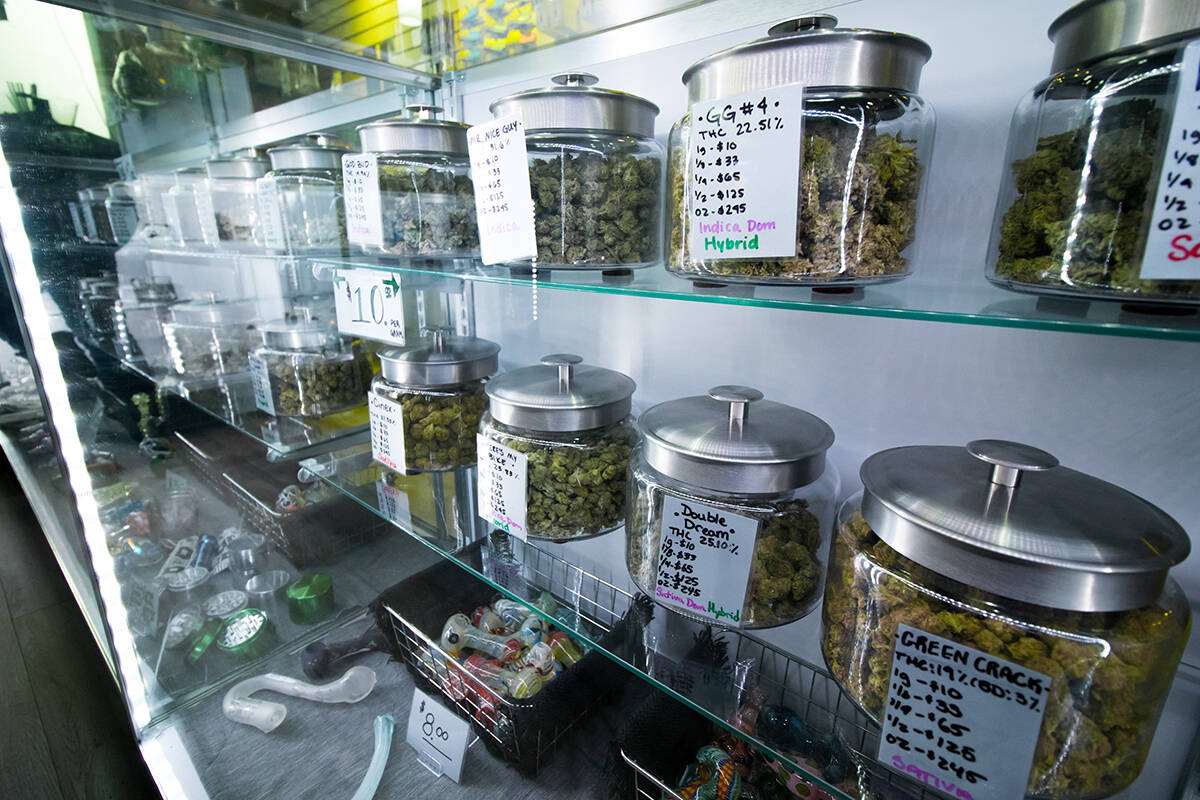By Sarah Kahle, The Seattle Times
Despite early momentum, a cannabis bill seeking to make the industry more diverse and equitable died Tuesday, failing to clear the Washington House.
House Bill 2022 was derailed by amendments and significant Republican and lobbyist pushback, according to prime sponsor Rep. Emily Wicks, D-Everett. In the final moments, she said, the bill lost a great deal of its Democratic supporters before Tuesday’s key deadline to advance out of the chamber.
The bill was among a series of legislation this session aimed at increasing social equity and racial diversity in the cannabis trade with sweeping changes to the issuance and reissuance of cannabis licenses to promote business ownership among people of colour.
House Majority Leader Rep. Pat Sullivan, D-Covington, said a number of issues were raised, including in the Democratic Appropriations Caucus about how many licenses should be issued.
“I think it just takes a little bit more work with the Liquor and Cannabis Board to try to figure out how the licensing could be distributed in a way to make sure that, especially as the forfeit of licenses come into play, that they go to the social equity program,” he said.
Sullivan also cited concerns with the bill’s loan and grant programs, highlighting legal questions of lending state credit to cannabis entrepreneurs, as well as issues between urban zoning laws and the elimination of buffer requirements for cannabis retailers.
Long-standing tensions among Washington cannabis industry leaders caused a schism to erupt between industry advocate organizations — like the Washington Cannabusiness Association and the Craft Cannabis Coalition — and social equity groups — like the Washington State African American Cannabis Association, or WSAACA, and the Washington chapter of the NAACP — stalling the bill’s progression with disagreements over crucial details.
The substitute version of HB 2022 made several changes to the original legislation, including the removal of the phrase “racial minorities” from the bill’s definition of a social equity applicant for a cannabis license.
“Whiteness is raceless. That’s why they’re concerned when you say ‘ethnicity’ because whiteness is raceless to them because, ‘We’re just us,’” said Darrell Powell, vice president of the Alaska Oregon Washington State Area Conference of the NAACP. “You can see how whiteness will play itself out in any situation where power and equality truly exists.”
The substitute also cut the social equity grant and low-interest loan fund from $22.5 million to $3 million, though it kept a $1.1 million technical assistance program to help applicants navigate the process. An even later version of the bill removed a provision that would create new licenses specifically for social equity applicants through 2029 — one of the original bill’s key features.
More importantly in the eyes of the NAACP and the WSAACA, the substitute bill removed a mobility clause they say was instrumental in equitably distributing the 39 retail licenses the state’s Liquor and Cannabis Board currently has available. However, of those licenses, 20 are in jurisdictions with moratoriums on cannabis retailers and 17 are in regions of the state where the prospective markets likely wouldn’t be profitable.
According to the NAACP and the WSAACA, a license mobility provision would allow the other 37 retailers to open anywhere in the state. On the other hand, the Washington Cannabusiness Association and the Craft Cannabis Coalition say mobile licenses are contrary to the intentions of Washington voters.
In 2012, recreational marijuana was legalized with the passing of Initiative 502, which also established strict buffer zones between cannabis retailers and schools, parks, transit centres and other public facilities.
Industry advocates say a market study is necessary before adding any more retail or producer/processor licenses, fearing market oversaturation and the resulting financial losses — both for the industry as a whole and the fledgling social equity licensees.
But the racial equity side of the debate cited inaccessible distribution points between retailers and producers as a reason why more licenses, in combination with other measures like creating new types of license, would improve the efficiency of the supply chain and market access.
Two other bills concerning racial equity and the cannabis industry, House Bill 1827 and Senate Bill 5796, passed through their respective houses before Tuesday’s cutoff.
HB 2022 faced an uphill battle as it quickly lost most of its Democratic support. Racial equity advocates who spent weeks talking to nearly 90 legislators, including all but three of the representatives on the Rules Committee, say the sudden change of heart was as upsetting as it was unexpected.
“Everybody’s no comment,” said Powell, adding that Democratic leadership outlined advancing racial equity and justice as a top priority this legislative session.
“I want the report card on what they did in the short session to live up to that rhetoric,” he said.
In a letter to the bill’s supporters, Wicks said the bill even making it to the Rules Committee was a testament to their work and impact in the industry.
“Let’s together, pick up the pieces of our broken hearts, come together and prepare for next year,” she wrote.

